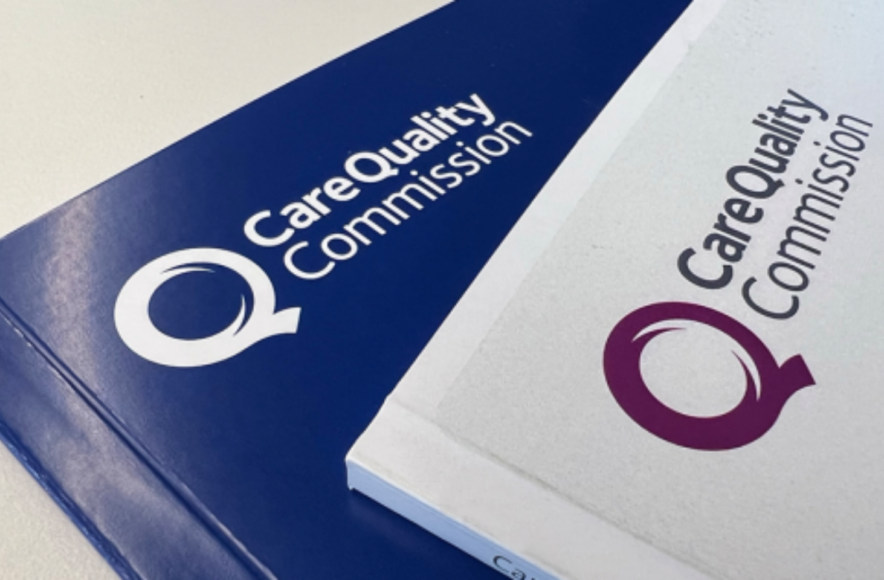‘Shocking, sobering, but not surprising’: United Response reacts to the CQC State of Health and Social Care in England Report 2022/2023

Responding to the report’s findings, Ali Gunn, United Response’s Head of Policy, Public Affairs and Communications, said:
“The CQC’s latest report proves that care inequalities across the NHS and social are inextricably linked. Successful reform should be something other than a zero-sum game between the two, especially when both face shared challenges.
“What’s the most glaring finding from this year’s report is how much financial pressure the cost-of-living crisis has added to already strained services, big and small. We welcomed the £7.5 billion in additional adult social care funding during last year’s Autumn Statement. Yet, we also stated that this amount didn’t go far enough to meet the sector’s (at least) £8 billion funding gap.
“That nearly a third of surveyed providers (29%) are worried about their financial stability and that over a quarter (26%) are seriously considering leaving the service is as shocking as it is sobering, but not surprising.
“Equally, we’re seeing how these financial constraints impact the care quality and consistency people receive. Increasing costs on food, electricity, and resourcing means it’s becoming much more challenging for smaller and charitable providers to meet their caring obligations whilst paying their staff wages in line with inflation.
“All these findings show that we need more investment and intervention from Westminster to support local authorities and charitable providers in local communities.
“It’s clear, now more than ever, that we need the political leadership to action social care reform decisively. Yet ‘social care’ was barely mentioned by either Rishi Sunak or Keir Starmer during their Party Conference speeches; nor did they set out plans to fix the sector’s chronic challenges. Less than a year from a general election, neither appears to have the will or vision to meaningfully address this – despite poll after poll showing that reforming social care is a primary public concern.
“We know what needs to be done. The longer our politicians and policymakers procrastinate, the higher the human cost and the worse social care workforce retention will get.
“United Response reiterates our calls on the Government to prioritise social care reform and follow through on its intended actions as set out in the Build Back Better policy paper. We need action to plug the sector’s £8 billion funding gap and address the workforce’s recruitment and retention crisis now.”
The report can be read in full here.